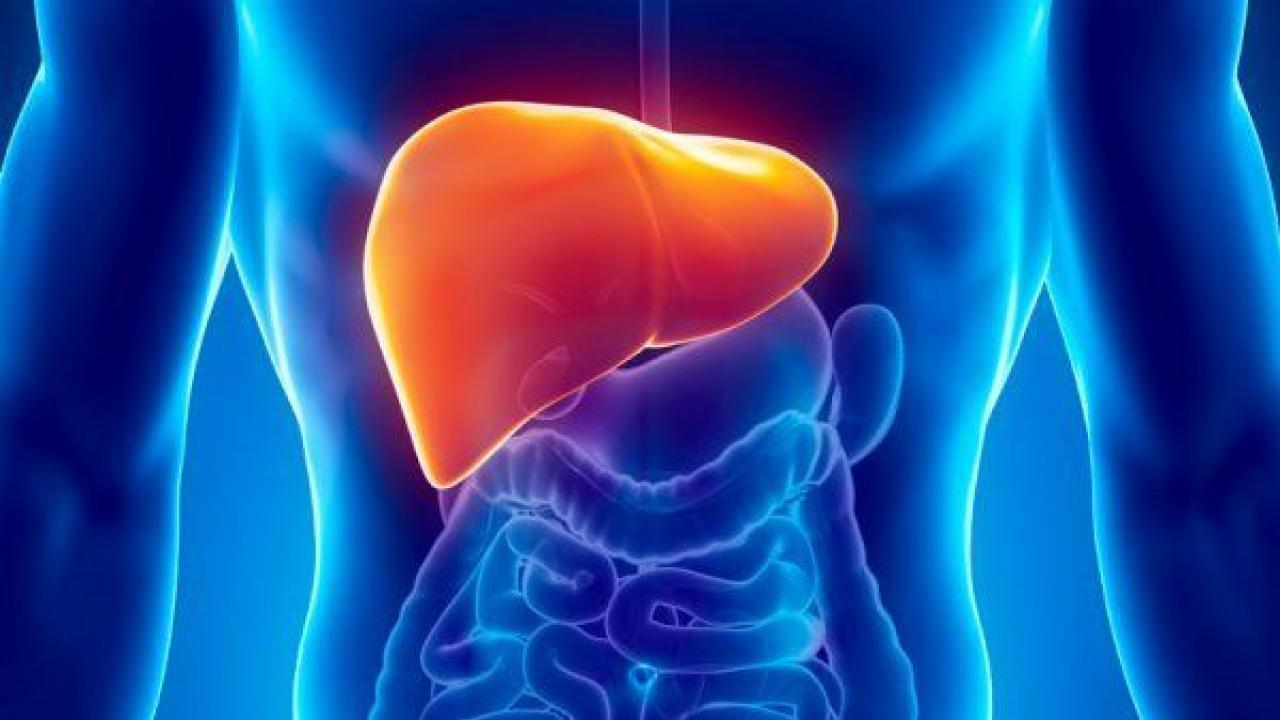
Though cancer immunotherapy has become a promising standard-of-care treatment—and in some cases, perhaps a cure—for a wide variety of different cancers, it doesn’t work for everyone, and researchers have increasingly turned their attention to understanding why.
For example, doctors have noticed that patients who initially respond well to the immunotherapy drugs known as checkpoint inhibitors, such as those that target a protein called PD-1, can develop resistance to these therapies if their cancer has metastasized from its initial location to form additional tumors in the liver—even if their primary cancer is quite distant from the liver.
In a new study published Oct. 2, 2020 in Science Immunology, a UCSF research team led by Hematology and Oncology Clinical Fellow James Lee, MD, MHS, used a unique mouse model to figure out how this happens.
Then, the researchers, including senior author Jeffrey Bluestone, PhD, adjunct professor of microbiology and immunology and the A.W. and Mary Margaret Clausen Distinguished Professor of Metabolism and Endocrinology, showed that adding a second type of checkpoint inhibitor in a combination therapy can overcome this resistance, and might significantly increase the effectiveness of immunotherapy in patients with liver metastases.
“The liver actually triggers differences in immune cells at distant sites,” Lee said. And what’s more, he added, “the liver can choose its enemy—what it wants to protect or not protect.”
Cancers are sometimes able to avoid detection within the body by cloaking themselves from the immune system. They can produce large quantities of proteins like PD-L1, which “switch off” cells called regulatory T cells (Tregs; pronounced “tee-regs”), in turn tamping down the immune response of other T cells that attack cancer. Some checkpoint inhibitors counteract this cloaking process by preventing PD-L1 from binding to the PD-1 off-switches on T cells, allowing a normal defensive immune response against cancer cells.
The liver, which is tasked with filtering large quantities of blood directly from the digestive system and the rest of the body, plays an unexpectedly large role in regulating the immune system—specifically, by signaling which of the scavenged proteins it encounters as it does its job are from hostile invaders and which should be ignored.
